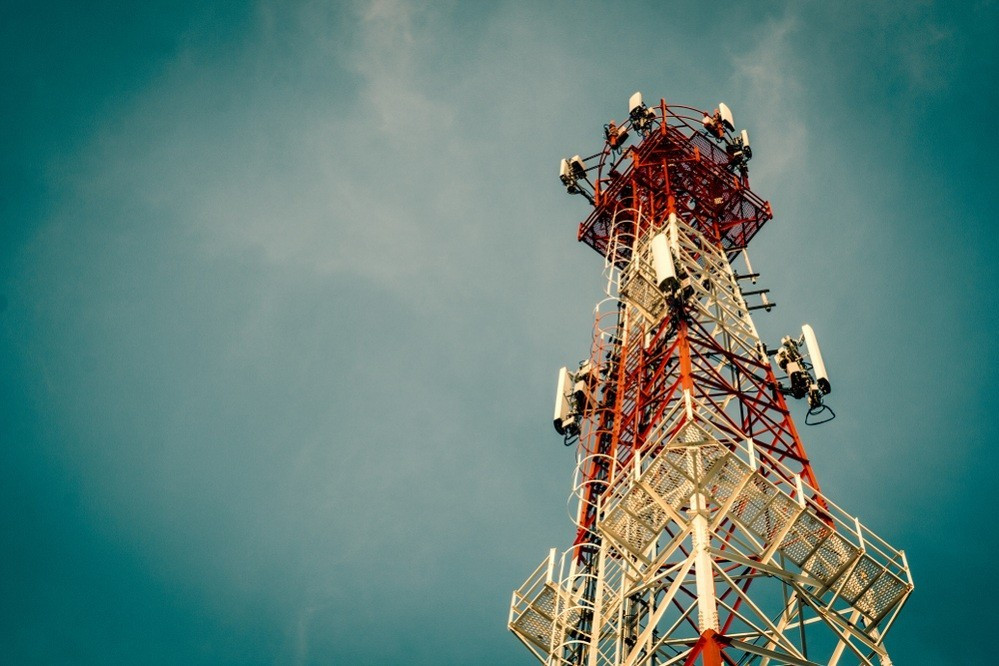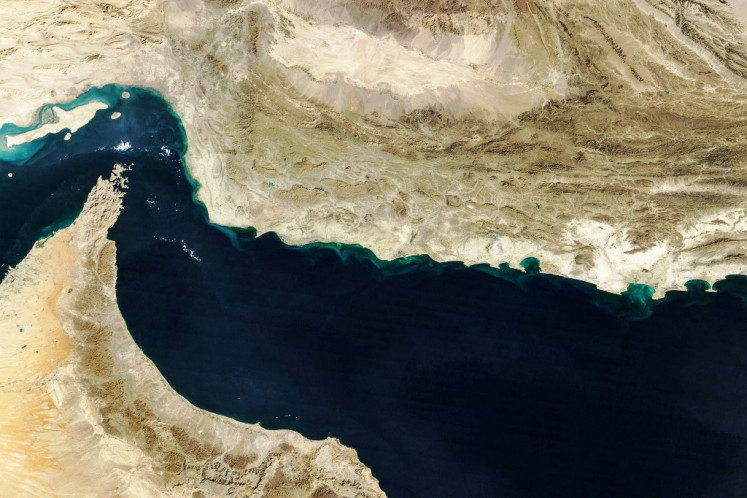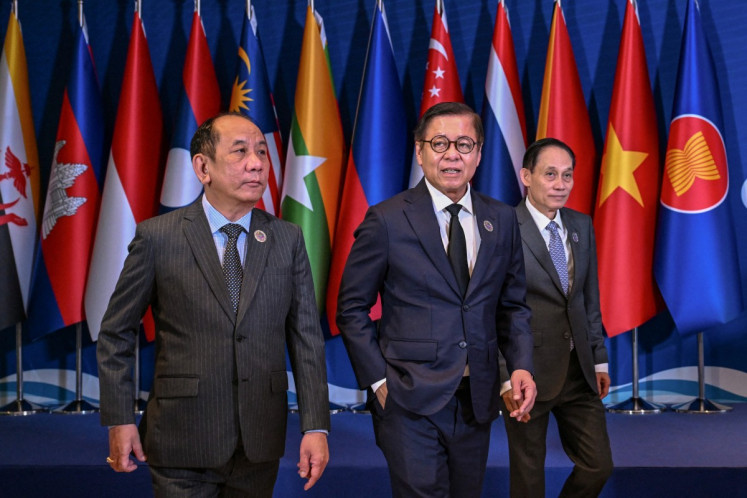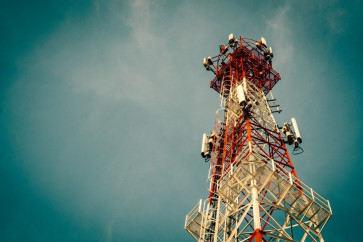Popular Reads
Top Results
Can't find what you're looking for?
View all search resultsPopular Reads
Top Results
Can't find what you're looking for?
View all search resultsAnalysis: MOU may lead to mass wiretapping by AGO over population
Change text size
Gift Premium Articles
to Anyone
T
he Attorney General’s Office (AGO) has struck a significant agreement with major cellular service providers in Indonesia, granting it access to users’ private information for law enforcement purposes. While the reasons for the deal look convincing, the development raises serious concerns about potential violations of fundamental citizen rights and may conflict with a Constitutional Court ruling regarding surveillance and wiretapping.
The strategic agreement came on the heels of public scrutiny over the AGO in May, when Indonesian Military (TNI) personnel were deployed to secure prosecutors’ offices nationwide and ensure operational continuity.
On June 25, deputy attorney general for intelligence Reda Mantovani formalized the collaboration by signing a memorandum of understanding with PT Telekomunikasi Indonesia, PT Telekomunikasi Selular (Telkomsel), PT Indosat and PT XL Axiata. Reda explained the cooperation was vital for the intelligence division, supporting law enforcement through investigations, security operations and engagement initiatives. This includes installing and operating surveillance devices and providing telecommunications data records.
The AGO asserts that Article 30B of Law No. 11/2021, which amends Law No. 16/2004 on the prosecutor’s office, provides the legal basis for overseeing multimedia activities. Reda also claimed that this collaboration guaranteed the collected data and information were of indisputable quality and validity, meeting the A1 intelligence classification.
With Telkomsel remaining Indonesia’s largest mobile service provider with 159.9 million subscribers as of September 2024, followed by Indosat Ooredoo Hutchison (100.9 million) and XL Axiata (93.3 million), the memorandum has ignited significant privacy concerns. The AGO’s wiretapping authority lacks independent oversight, increasing the risk of abuse of power, especially since the prosecutorial service operates as an executive branch instrument under the current administration.
The law equips law enforcement agencies, the AGO, the police and the Corruption Eradication Commission (KPK), with surveillance power, but so far only the KPK has remained free of abuse. The eavesdropping authority has proved to help the KPK catch big names who previously enjoyed impunity.
There were also reports of alleged abuse of wiretapping power involving the police, as in the instances of arrest or phone hacking targeting government critics.



















